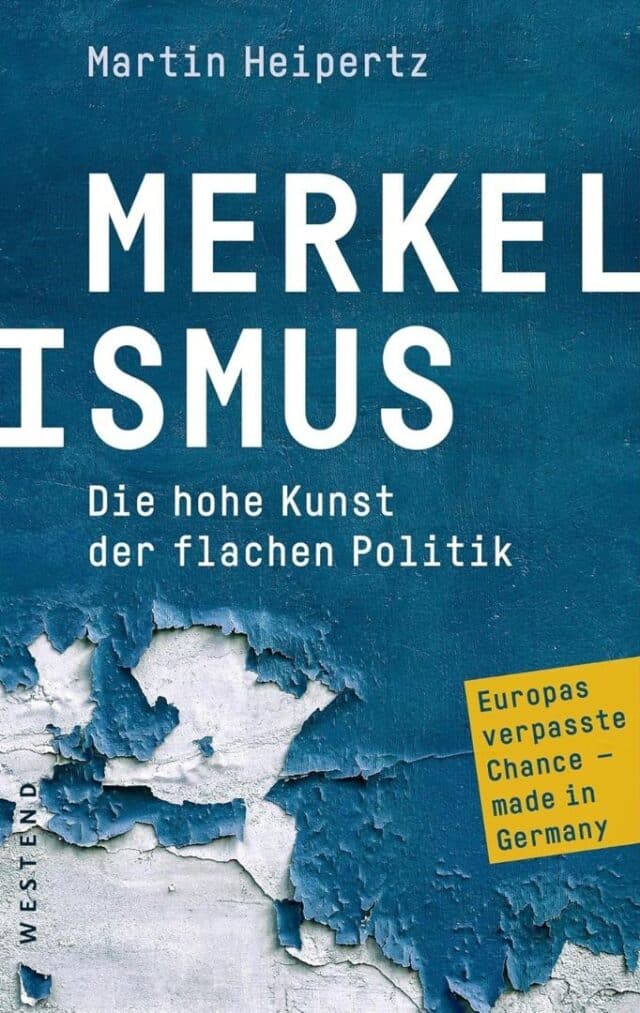In a wonderful instance of synchronicity, not one but two Old Bloxhamists have simultaneously published academic studies of leading figures of European conservatism. Dr Martin Heipertz (Ry 93) has written a study of German Chancellor Angela Merkel entitled Merkelismus – die hohe Kunst der flachen Politik (an English language version has been published too as Merkelism – the fine art of shallow politics). Meanwhile, Dr Kit Kowol (LS Cr 96-04) has written Blue Jerusalem: British Conservatism, Winston Churchill, and the Second World War. According to Churchill’s biographer Andrew Roberts, ‘Blue Jerusalem takes everything you thought you knew about British domestic politics during the Second World War and turns it on its head’, while Dominic Sandbrook has written that ‘Kit Kowol’s study of Conservatism during the war years is historical scholarship at its best: learned, balanced, fluent and provocative.’


Martin Heipertz first visited Bloxham as part of an exchange from Bischof-Neumann Schule in Königstein. Martin decided that he liked England so much that he returned to spend a term at Bloxham in 1993, later securing a place at St. Catherine’s College, Oxford before receiving his PhD from Cologne University. After a spell working at the European Investment Bank in Luxembourg, Dr Heipertz served as an adviser to the President of the European Commission Jean-Claude Juncker, and is currently Head of the European Policy Division of the German Federal Ministry of Finance in Berlin.


Kit Kowol received his BA (Politics) and MA (Modern History) from Durham University and his DPhil (Politics) from the University of Oxford. During his doctorate he was a visiting scholar at the University of California, Berkeley. He joined King’s College, London in 2018 as an Early Career Development Fellow in Modern British History and now lives and works in Brisbane, Australia.
As well as being highly readable, both books are extremely timely, but they come to sharply different conclusions about their subjects. Kit Kowol argues that the wartime Conservative party was capable of genuinely radical policies and a coherent vision for the post-war world, while Martin Heipertz demonstrates how Angela Merkel’s pragmatic style of leadership enabled Germany to muddle through successive crises at a massive cost to long-term strategic thinking and democratic structures. [SJB]


